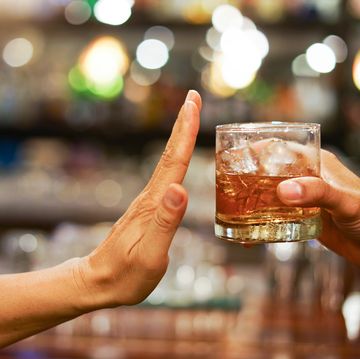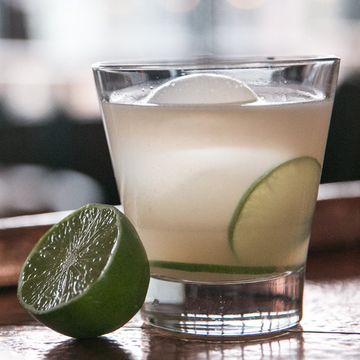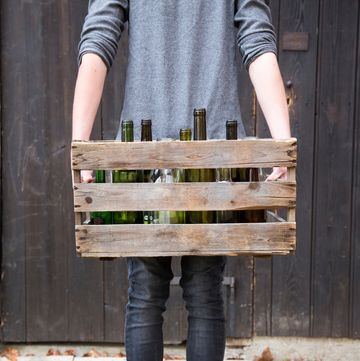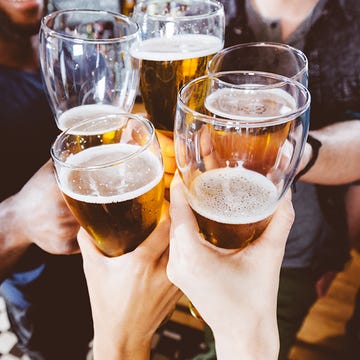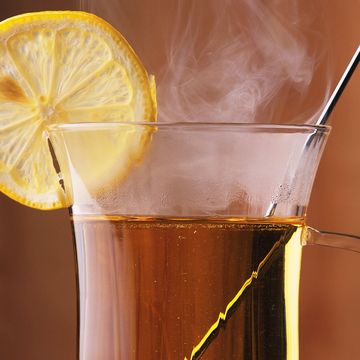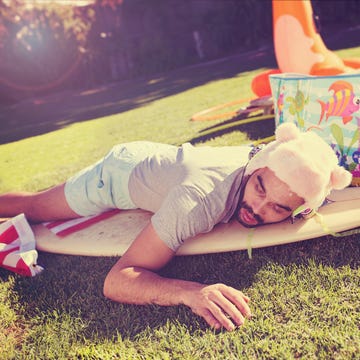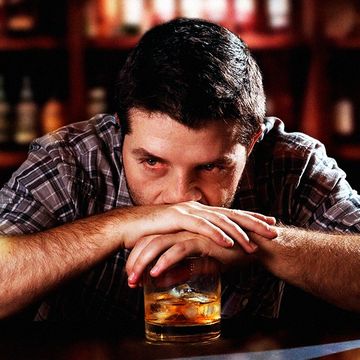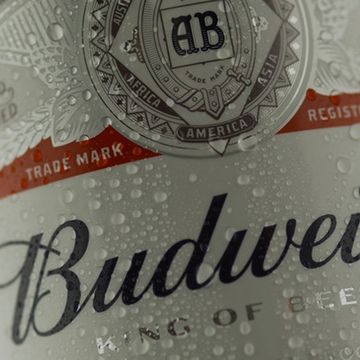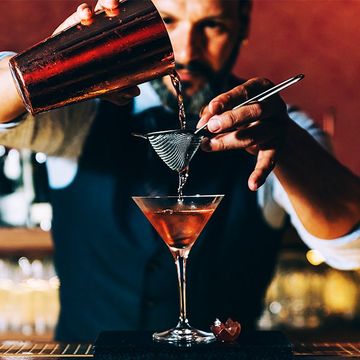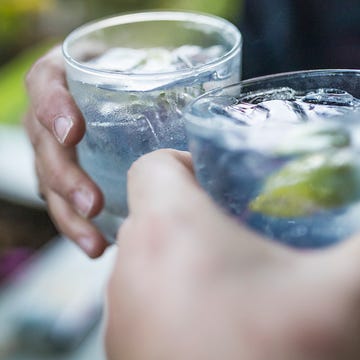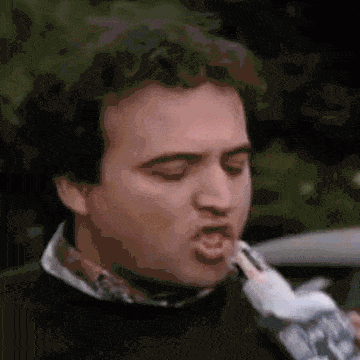Ever drank booze on an empty stomach? You get drunk—fast.
But sometimes, even on a full stomach, you find yourself intoxicated more quickly than usual.
What gives? It could be one of the following six surprising factors at play. They all lower your tolerance for alcohol, and increase your desire to sing karaoke, buy everyone at the bar a round of drinks, or drunk dial your ex.
Related: The Better Man Project—Over 2,000 Tips to Help You Stay Strong and Healthy for Life
1. You Switched Time Zones
Landing in a new time zone throws off your body’s circadian rhythm, the inner clock that tells your brain when it’s time to feel awake and tired. And when your circadian rhythm is screwed up, your metabolic functions get thrown off, too.
As a result, your liver ends up processing alcohol less effectively, says Scott Swartzwelder, Ph.D., a psychiatry professor at Duke University and coauthor of Buzzed: The Straight Facts about the Most Used and Abused Drugs from Alcohol to Ecstasy.
However, the effects of jet lag don’t last long. Once your body adjusts to the time change—you’ll need about a day for each time zone you cross—your liver will be back to business as usual.
2. You Caught a Cold
When you’re sick with any bug, you’re more likely to also be dehydrated—which can cause your blood alcohol concentration (BAC) to rise faster, says Swartzwelder.
That’s because there’s less water in your blood to dilute the alcohol. As a result, the amount of booze in your blood is more concentrated, so it packs a greater punch.
Related: 4 Best Ways to Prevent a Cold
Plus, combining drowse-inducing meds like antihistamines or anti-nausea drugs with alcohol can make you feel even more spaced out, since booze is also sedating on its own.
3. You Skip the Gym
Muscle tissue contains water—and alcohol loves to hang out in H20. So the more muscle mass you have, the more areas to attract booze.
But if you’ve been MIA from the gym over the past few months, you may have lost some of your muscle. The alcohol that would otherwise hang out in your bulging biceps is now heading straight for your blood stream, automatically increasing your BAC, says Swartzwelder.
Related: Get in The Best Shape of Your Life with The Anarchy Workout
4. You Lost Weight
Once you drop around 10 percent of your body weight, it takes less alcohol to make you intoxicated, Swartzwelder says.
Since you’re smaller, there’s less H20 in your body. Consuming the same amount of booze you did when you were larger will get you drunker a lot faster, he explains.
Imagine your body like a glass of water, he says. “If you put an ounce of alcohol in a 12-ounce glass of water, the concentration will be lower than if you put an ounce of alcohol in an 8-ounce glass of water.”
5. You’re Over the Age of 25
After you pass the ripe old age of 25, you might start noticing that you can’t quite polish off pints like you used to back in college.
Because the brains of adolescents and young adults aren’t fully developed, they process alcohol differently than those of people in their mid-20s and beyond, Swartzwelder says. But researchers don’t actually know what’s going on in the processing of the alcohol to make it different.
“A younger guy will feel less sedated than an older guy with the same BAC," says Swartzwelder.
6. You’re Short on Sleep
When you’re exhausted, your mental processes slow down, causing you to think and act a little more sluggish than normal.
And if you start drinking alcohol (a sedative) while you’re tired, you’ll feel drunker than you really are, says Swartzwelder.
So even though your blood alcohol concentration won’t spike any higher when you’re short on sleep, you’ll feel the effects of being drunk more strongly. That’s because booze enhances the side effects of exhaustion, making you act less alert, he explains.
This can happen after just one night of crappy sleep, Swartzwelder says.


